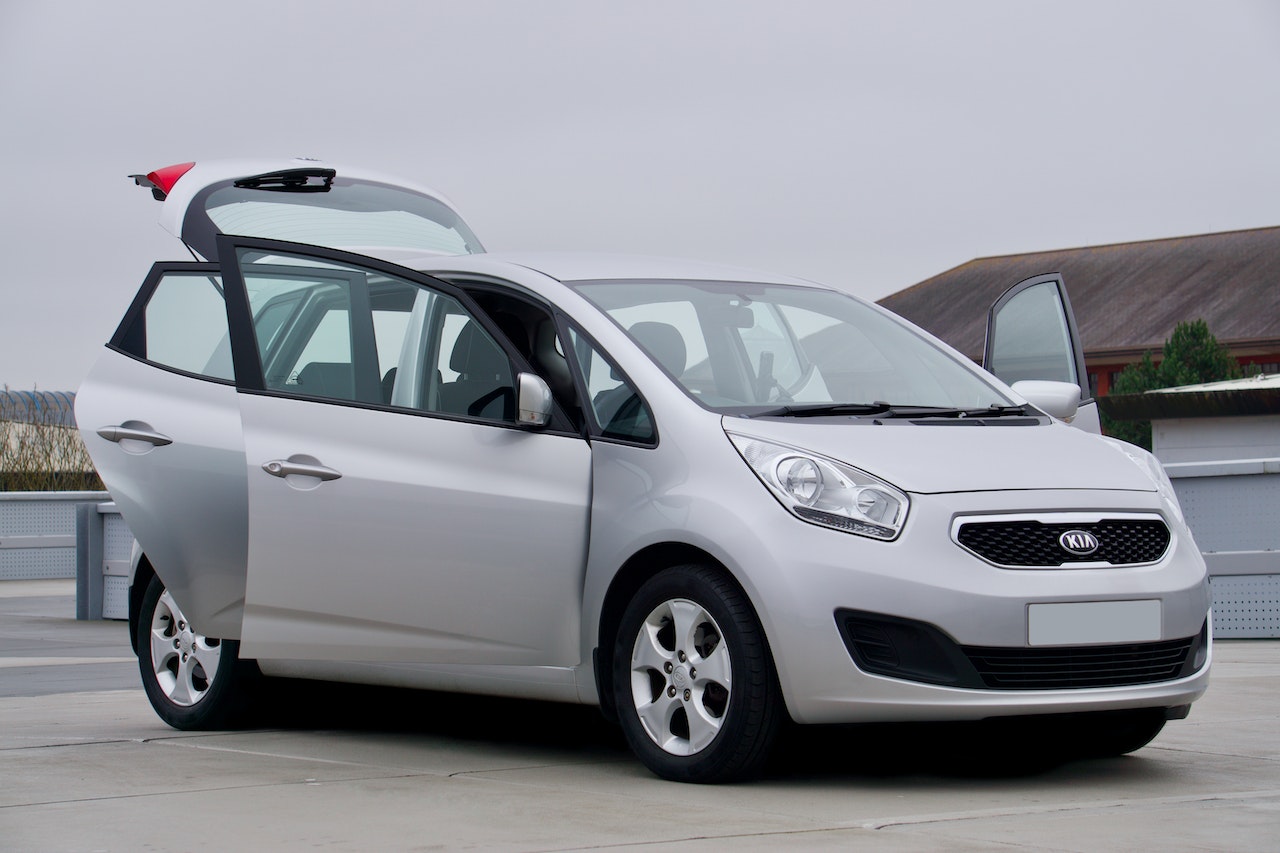Hyundai and Kia have issued a recall affecting nearly 3.4 million vehicles in the United States due to the risk of engine compartment fires. The recall encompasses models produced between 2010 and 2019, including Hyundai’s popular Santa Fe SUV and Kia’s Sorrento SUV. The reason behind this unprecedented recall is a potentially hazardous issue related to the anti-lock brake control module, which can lead to fluid leaks and electrical shorts, ultimately posing a fire hazard for these vehicles.
Documents posted by the U.S. National Highway Traffic Safety Administration (NHTSA) reveal that the anti-lock brake control module can develop a fluid leak, potentially causing an electrical short circuit, which, in turn, can lead to fires. These fires have been observed both while the vehicles are in operation and when they are parked. To mitigate the risk, Hyundai and Kia have issued a directive for owners to park their vehicles outdoors, away from any structures, until the necessary repairs are made.
The repair process involves dealers replacing the anti-lock brake fuse, and the cost of these repairs will be covered entirely by the manufacturers, ensuring no financial burden falls on the owners. To date, Hyundai has reported 21 fires associated with these affected vehicles, while Kia has reported 10 similar incidents. Investigations conducted by both companies suggest that the fires are linked to an O-ring located in the anti-lock brake motor shaft. This O-ring’s sealing strength diminishes due to the presence of moisture, dirt, and dissolved metals in the brake fluid, leading to brake fluid leakage and potential electrical shorts.
Michael Brooks, the executive director of the nonprofit Center for Auto Safety, has raised important questions about the recall. He questions why the companies are not addressing the O-ring and leak problem more directly and why it is taking so long to send recall notices to owners. Additionally, he wonders why NHTSA has not mandated a comprehensive solution to the design issue and is not recommending immediate interim warnings to car owners. As of now, Hyundai, Kia, and NHTSA have not provided public responses to these inquiries.
The vehicles specifically impacted by this recall include a wide range of Kia and Hyundai models. For Kia, affected models include Borrego, Cadenza, Forte, Forte Koup, Sportage, K900, Optima, Optima Hybrid, Soul, Rio, Sorento, and Rondo. Hyundai models affected include Elantra, Genesis Coupe, Sonata Hybrid, Accent, Azera, Veloster, Elantra Coupe, Santa Fe, Equus, Veracruz, Tucson, Tucson Fuel Cell, and Santa Fe Sport.
Owners concerned about whether their vehicle is part of this recall can visit www.nhtsa.gov/recalls and enter their 17-digit vehicle identification number for verification.
This recall is another setback for Hyundai and Kia, as the Center for Auto Safety reports that the companies have previously recalled over 9.2 million vehicles for fire and engine-related issues. Furthermore, NHTSA is currently conducting an investigation involving 3 million vehicles manufactured between 2011 and 2016 for engine fire risks. In 2020, both Hyundai and Kia were fined by NHTSA for not acting swiftly enough to recall vehicles susceptible to engine failure.
Despite the understandable concerns and frustrations that vehicle owners may experience due to this recall, Hyundai and Kia have assured the public that no crashes or injuries have been reported in connection with the affected vehicles. The manufacturers emphasize that owners can continue to drive their vehicles until the necessary repairs are made. However, it is crucial for owners to exercise caution in the interim by adhering to the directive to park these vehicles outdoors and away from structures, thus minimizing the potential fire risk.
Source: AP News



